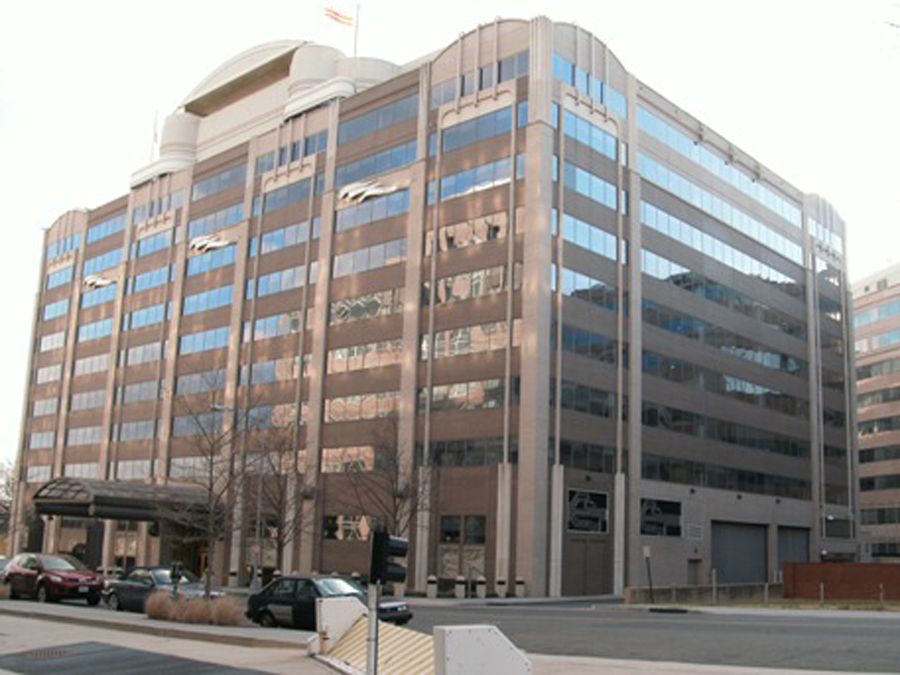FCC Claims Broadband Subsidy Eligibility Abuses by Providers
Said it will use every tool to fight waste, fraud and abuse

The smarter way to stay on top of broadcasting and cable industry. Sign up below
You are now subscribed
Your newsletter sign-up was successful
The FCC is warning the public -- as well as Emergency Broadband Benefit (EBB) providers -- of enrollment abuses it has uncovered, though it did not identify any carriers involved.
Back in October, the Federal Trade Commission warned of potential scamming against the $3.2 billion program, which the FCC stood up last February. The EBB passed Congress as part of a December 2020 COVID-19 aid package.
The program offers up to a $50-per-month subsidy for eligible households (up to $75 on tribal lands) and up to a one-time $100 toward a computer or tablet until the money is expended.
Also: Inspector General Adds Social Media Accounts
In an advisory issued this week, the FCC's inspector general, David Hunt, said that "Providers’ sales agents [he did not name names] are enrolling households in the EBB program by falsely claiming the household includes a dependent child who attends a CEP school [a school participating in the USDA's National School Lunch Program Community Eligibility Provision (CEP)]."
Specifically, the IG said providers are enrolling EBB households based on CEP school participation that "vastly" outnumbers the number of students actually enrolled.
“Our office is committed to using every tool at our disposal to fight fraud, waste, and abuse in the EBB program. Advisories such as this play an important role in alerting program stakeholders that we will scrutinize carefully compliance with all program rules to identify and deter fraudulent practices,” said Hunt.
FCC Commissioner Brendan Carr was troubled by the report.
“Since the beginning of the year, I have been expressing serious concern that the massive levels of broadband dollars being appropriated by Congress could result in headline levels of waste, fraud, and abuse," he said. "And I am worried that this report by the FCC’s Office Inspect General may be just the tip of the iceberg.
“I am outraged by the abuse uncovered by the Inspector General. It shows what appears to be a fraudulent scheme by broadband providers or their agents—and it centers on providers receiving funds by falsely indicating that a household has a student that attends a qualifying low-income school. Among the numerous, egregious examples of abuse, the Inspector General’s report identifies a qualifying low-income school in Florida that was designated by providers as the school supporting the enrollment of 1,884 households, even though there are no more than 200 students that attend the school. The report identifies similar schemes in Alaska, Arizona, California, Colorado, and New York. This is a worrying trend.
Rosenworcel almost certainly feels she has the bipartisan votes to pass the item in the currently politically deadlocked FCC or she would not have scheduled a meeting vote. Certainly eliminating waste, fraud and abuse is high on Republican's list. But Carr had some issues with the process of how it was released.
“I am concerned because I was kept in the dark about the Inspector General’s report until it was released to the public, even though others at the Commission were read in ahead of time," said Carr. ■
The smarter way to stay on top of broadcasting and cable industry. Sign up below
Contributing editor John Eggerton has been an editor and/or writer on media regulation, legislation and policy for over four decades, including covering the FCC, FTC, Congress, the major media trade associations, and the federal courts. In addition to Multichannel News and Broadcasting + Cable, his work has appeared in Radio World, TV Technology, TV Fax, This Week in Consumer Electronics, Variety and the Encyclopedia Britannica.

